The premise of the classic 1956 movie Around the World in 80 Days, based on the Jules Verne novel, rests on the gamble of Phileas Fogg that he can circumnavigate the globe in 80 days -- a daunting task in 1872, when communication across oceans took place over weeks, or usually months.
The wonders of today's technology allow not only overnight flights to the far corners of the earth, but also real-time audio and visual communication across the planet. We truly have become a "global society" and have much to appreciate and be grateful for in light of these stunning technological advances. But, as is usually the case with massive change, great benefits are sometimes accompanied by unintended potential negatives.
A case in point lies within the online transcription services industry, where this speed-of-light transformation has prompted some transcription service providers to utilize offshore transcribers for whom English is a secondary language. This trend is disturbing and potentially harmful, for several reasons.
Setting quality transcription service issues aside for the moment, we believe there are troubling longer-term issues for the industry that relate to the human economics of this trend. When experienced, skilled U.S.-based transcribers have to compete for rates with transcription company workers from emerging nations, many of whom are grateful to work for pennies on the dollar, the U.S.-based workers often end up losing the work. Alternatively, they accept the work at these rates that equate to far less than minimum wage and end up working hundreds and thousands of additional hours annually to make ends meet. Families and personal lives suffer and, in some cases, top-flight talent ultimately chooses to leave the profession.
Adding insult to injury in all of this, the larger U.S. economy also suffers in this scenario through the loss of employment and corporate tax revenues. Additionally, some of these transcription service vendors opt to base their corporate transcription structures offshore as well -- but we'll leave the politics of all that to others.
Transcription 2000 Service says, "Even though I sometimes feel like a salmon trying to swim upstream when it comes to this issue of insisting on fair and equitable rates when speaking with potential new clients, I can't in good conscience back down. The value of the professional transcribers we work with doesn't lie in their hands. It's not their manual dexterity that makes them valuable. It's what's in their heads and in their professional transcription work ethic, and they should be compensated for it." She continues, "The good news is, once a client comes on board and experiences what's different and exceptional about transcription services at Transcription 2000 Services, transcription service rates become a non-issue. It's getting there that's the tough part!"
As we noted above, today's technically advanced business environment comes with the good and the bad. Happily, our clients know a good thing when they see it -- or should we say, "read it."

